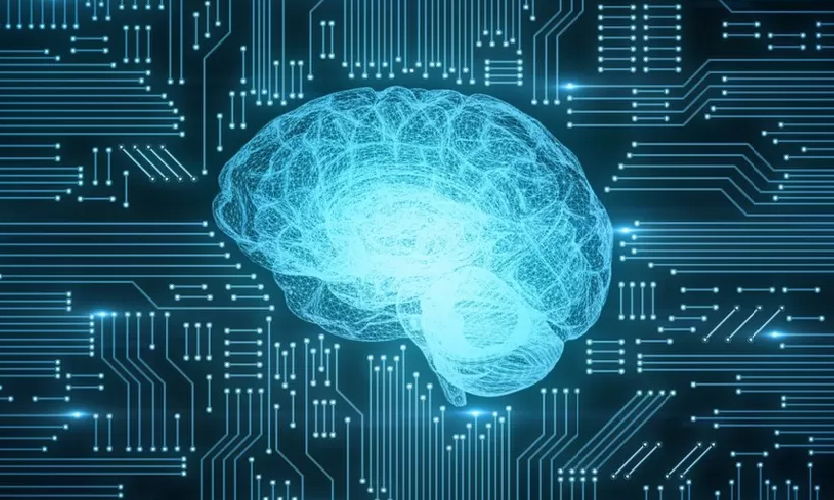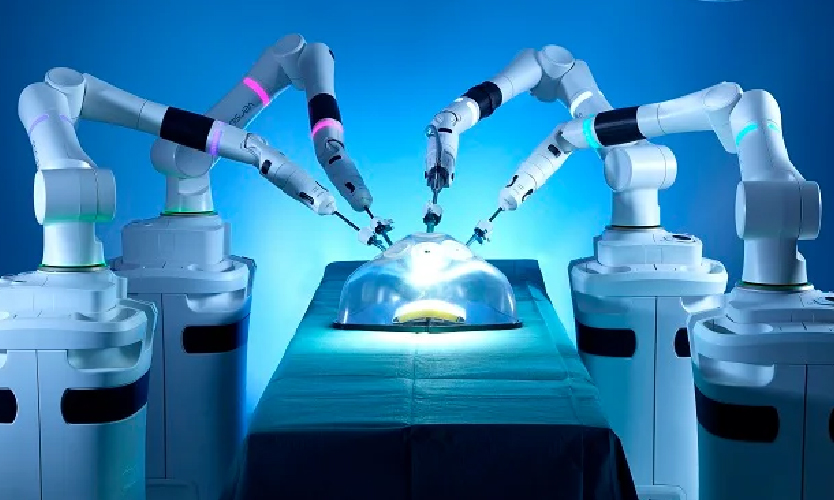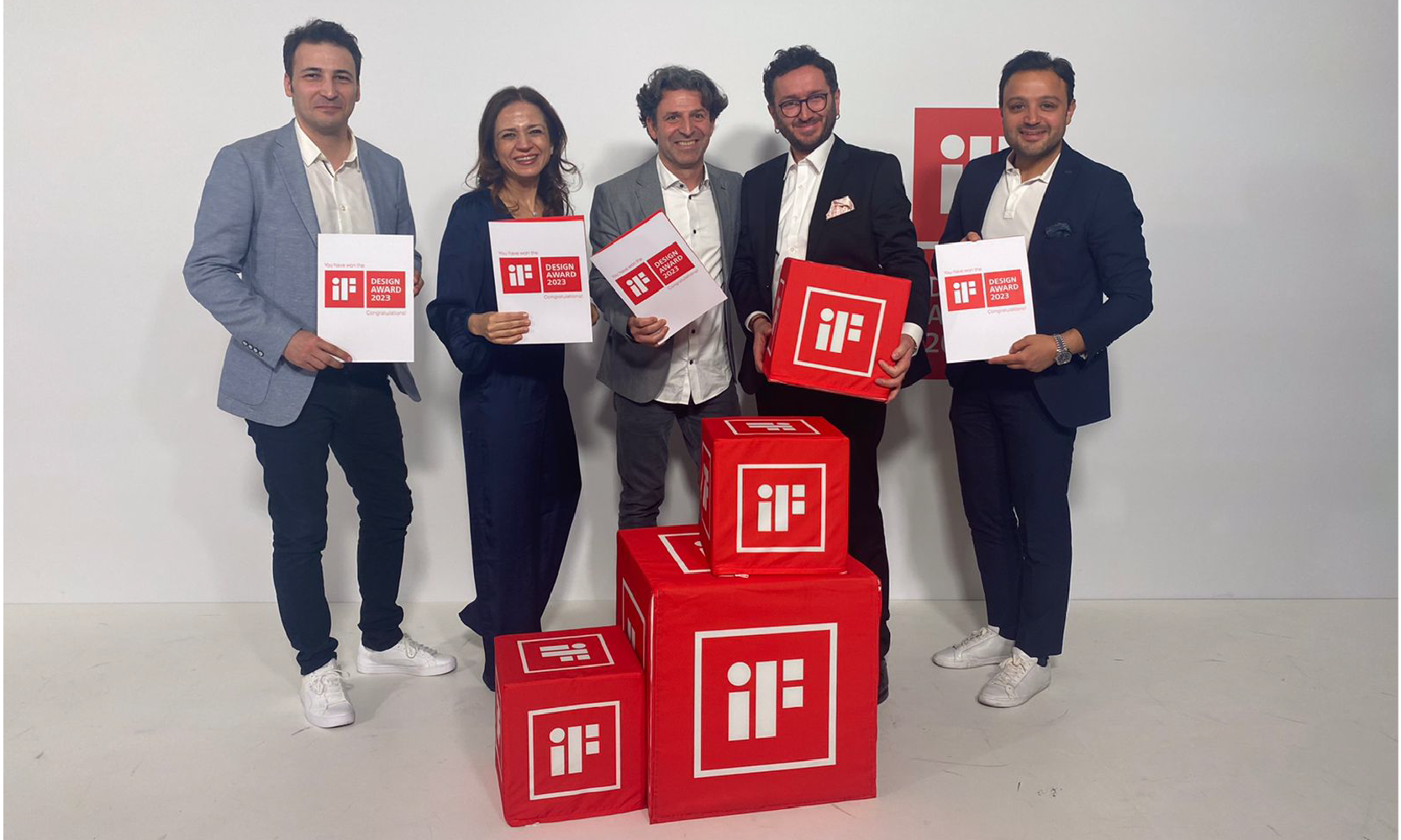Imagine a boxing match: Two people attack each other violently, fighting as if they were going to kill each other. Suddenly, a digital display appears on the screen, and parametric information such as punch speed, impact, and who hit first is presented with remarkable scientificity. Because the referee is no longer a human, but artificial intelligence. It uses a very advanced technology that results in these parameters by processing thousands of data at the same time. In fact, if you wear augmented reality glasses while watching the match on-site, the experience is taken to a much higher level.
Primitive Use of Artificial Intelligence: A Look from Past to Present
This scene reflects an activity that, in my personal opinion, is quite primitive and should not be considered sports. Why invest in an activity that can hurt people when vital developments such as making a paralyzed person walk again by integrating an artificial intelligence chip into their brain are possible? This can be compared to projects that require creativity and intelligence, such as Michelangelo’s work in the Sistine Chapel -approximately 300 figures being created while laying his body on the scaffolding and working in an uncomfortable position- and other projects like spending time only on simple figures in cave stones.

A few names stand out among the brightest minds in the world today. Among these names known for their contributions in the fields of technology, science and art, figures such as Elon Musk and Mark Zuckerberg are two of the first to come to mind. These leaders, who both transform their sectors and demonstrate the best use cases of artificial intelligence, have become the center of attention worldwide.
However, it is suggested that in an interesting scenario, these two prominent figures should engage in a cage fight. Moreover, in a historical place like the Roman Colosseum! This suggestion makes it intriguing that they would prefer such combat over traditional sports or mind games. Mark Zuckerberg, who has been interested in combat sports for many years, is shown as the favorite. However, the fact that Elon Musk’s mother opposed this idea and started a campaign for him to give up adds an emotional dimension to the issue. In fact, the underlying message of this scenario emphasizes how interesting and thought-provoking it can be to compete between intelligence and talent in different fields.
Choosing a physical fight instead of traditional brainteasers or creative activities may show different facets of the challenge. Perhaps thought experiments and unusual scenarios can help people understand how their abilities and interests may differ. Let’s see who the referee will be.

Artificial intelligence is increasingly seen as an alternative to human work in more and more areas and is transforming business processes. For example, as seen in the example above, using an AI-based system instead of a traditional human referee has profoundly affected the business structure. However, a picture that is more complex than it seems is emerging. The AI system, which seems to have done the job of the old referee, is actually developed, managed and maintained by a number of software developers, experts and people from other sectors that require expertise. This shows that instead of technology completely eliminating human work in an area, business processes are transformed and differentiated.
This change is not limited to the referee example. In the service sector, business efficiency can be increased by using AI-based systems in areas such as consultancy, security, waitressing and call centers. For example, AI-based self-service tools can be used in restaurants to provide faster and more accurate order taking and customer service. Natural language processing and automatic response systems are also used in call centers to provide faster and more effective customer support.
Henn-na Hotel, Japan’s first robot hotel, means “embracing strangeness” in Japanese. Founded in Nagasaki in 2015, this hotel quickly became the center of attention. It also managed to enter the Guinness Book of Records as the first hotel where only robots worked at first.

Even though you were greeted by cute T-Rexes that could speak 4-5 languages, when your pronunciation was not very clear, communication problems arose and there were disruptions in the services. Some robots even lost their jobs and human support began to gradually increase in the hotel. Although human support does not seem to be at the forefront here, a whole human army works in the background, their job scopes are very different compared to the normal hotel employee structure and they turn into more R&D qualified personnel.
The use of artificial intelligence as an alternative to human work has also led to the emergence of new areas of expertise. Expert software developers, data scientists, ethicists and people from many different fields are required to develop, manage, improve and audit AI systems.
While artificial intelligence comes as an alternative to some human jobs, it actually transforms the business structure and creates new areas of expertise. Technology and human collaboration will shape the business world of the future by providing more effective and efficient solutions.
Speaking of new business areas, unfortunately there will be many approaches that can make Artificial Intelligence dangerous for humanity:
- Fake News and Manipulation: Artificial intelligence enhancements can be used for text and image manipulations. False reports or records may mislead people and cause social chaos.
- Personal Privacy Violation: By analyzing social media data sets, personal information and private lives can be violated. This information can then be used for commercial transactions or malicious attacks.
- Originality of Theses and Articles in the Education Field: Many academics and students use artificial intelligence tools as support, but how can intellectual innovations be measured here?
- Autonomous Weapons: AI can develop automatic weapons used in military systems. This can lead to uncontrolled and inaccurately targeted attacks.
- Deepfakes: Can be used to create fake videos and audio recordings. It seems that the use of famous people or politicians in certain periods will continue to increase.
- Internet Fraud: More organized fraud methods can be developed to deceive people. For example, in voice-based fraud, AI can impersonate an individual person.
- Abuse in Autonomous Vehicles: It can be hacked or manipulated by malicious people to create dangerous conditions or cause chaos.
These examples demonstrate potential uses of AI. But more importantly, AI technology often provides great benefits when used responsibly by addressing the ethical and security concerns of developers and society.

Artificial intelligence can provide great benefits in many areas. Here are some examples of how AI is best used for society:
- Diagnosis and Treatment in the Health Field: It can help develop early diagnosis and treatment methods resulting from big data analysis and image processing techniques.
- Drug Development: Personal intelligence can be used in design and treatment development. Thanks to data analysis, potential drug images can be identified more quickly and effectively.
- Agriculture and Food Production: By analyzing agricultural growth, it can increase product varieties and provide more effective spoilage in the fight against diseases and pests.
- Energy Efficiency: Can optimize energy use by analyzing energy consumption patterns. More sustainable energy is provided with smart grids and energy management systems.
- Training and Learning: Can improve training processes by providing personalized educational training and student tracking. It can offer students more effective learning experiences by recommending appropriate content and learning methods.
- Environment and Natural Disaster Forecasting: By analyzing data, predictions about natural disasters, management of air and water resources can be made. This can help with better political policy and disaster preparedness.
- Transportation: Autonomous vehicles and traffic management can increase traffic efficiency in areas such as traffic congestion and make transportation systems more efficient.
- Social Services and Assistance: It can help better plan services for disadvantaged groups. For example, they can monitor the health of the elderly or provide better support to individuals with disabilities.
These examples demonstrate the positive impacts that artificial intelligence can bring to society. However, it is of great importance to draw attention to ethical and security issues and use artificial intelligence responsibly in these areas. All the responsibility lies with people, they can create masterpieces or create huge fiascos using the materials at their disposal.
 Primitive Use of Artificial Intelligence: A Look from Past to Present
Primitive Use of Artificial Intelligence: A Look from Past to Present  The Future of Medical Design
The Future of Medical Design  A Night Full of Prizes: Celebrating 4 Wins at iF Design Awards 2023
A Night Full of Prizes: Celebrating 4 Wins at iF Design Awards 2023